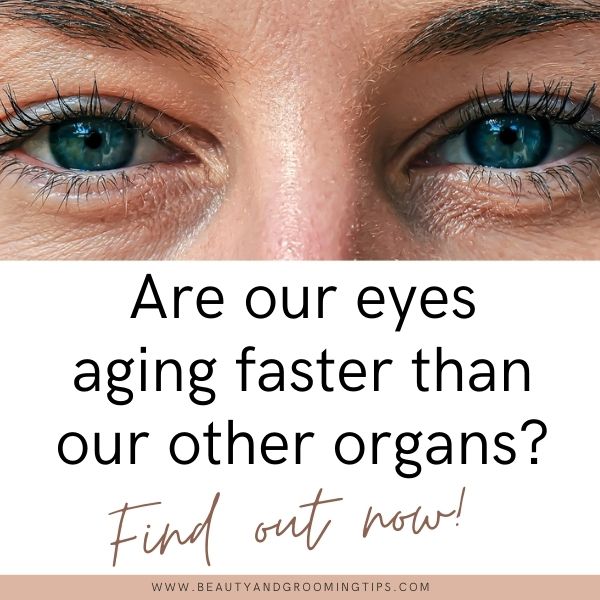Improved standard of living and better medical facilities have certainly made the world a better place to live.
Our life span has increased; we are outliving our ancestors and the overall quality of our life has improved significantly since last few decades, but everything’s not hunky-dory.
In fact, our eyes are aging faster than our bodies!
Do eyes age faster compared to other organs in our body?
Compared to our ancestors we are enjoying better health - no doubts about it, but we are possibly outliving our eyeballs say the Australian researchers working at The Vision Centre in Australia
What they are trying to convey is, people who have added many more years to their lives than their ancestors enjoyed are in fact, suffering from deteriorating night vision and even blindness.
Photoreceptors in the eyes are the key.
Team leader Professor Jonathan Stone explains: "Each eyeball starts out with some 150 million light- catching photoreceptors at birth - but these begin to die at the rate of several hundred a day, explaining why a person's vision deteriorates over time.
Many people retain as many as 100 million or more photoreceptors in each eye when they are in their 80s, but for others their eyesight has by then begun to deteriorate." So he and his team are looking for ways of preserving these photoreceptors for as long as possible into late age.
Anulom Vilom or Nadi shodhan pranayam or alternate nostril breathing exercise may help
As part of his research, he is looking into how foods rich in antioxidants can help protect eyes against light damage. Acute high oxygen, for instance, he remarks is protective to photoreceptors and tends to make them respond better.
Now that bit of info explains why a regular practice of the breathing exercise Anulom vilom pranayama, that apparently increases oxygen intake is seen to improve a person’s eyesight over a period of time.
Outdoor sun exposure while young and protective gear as you grow older may help your eyes.
Professor Jonathan Stone further mentions that apart from genetics, the rate at which a person loses their photoreceptors is determined by their amount of life-exposure. So his advice to people over 20’s is to always wear sunglasses when outdoors in bright light.
However, there’s an interesting twist to this theory as another research has also found that children spending two or three hours outside each day halve their chance of developing near-sightedness (myopia).
Researchers believe that natural light – sunlight, which can be hundreds of times brighter than indoor light triggers the release of a chemical called dopamine that supposedly prevents the distortion of the eyeball - which causes this condition.
So researchers conclude saying that we have to strike a correct balance between more outdoor exposure in childhood & youth (below 20's) to prevent myopia (near-sightedness) and in later years try and make greater use of light protection eye gear, in the form of sunglasses or specially formulated contact lenses to prevent age-related degeneration.
Conclusion
For better eyesight and to avoid conitons like nearsigtedness or myopia, exposure to sunlight in childhood years and using sunglasses to protect the eyes from the harmful UV rays of the sun will help!
See also:


Adding powerful antioxidants to your diet
ReplyDeletecan improve your eye health.
There’s no substitute for the quality of life good vision offers. Adding certain nutrients to your diet every day – either through foods or supplements – can help save your vision. Researchers have linked eye-friendly nutrients such as lutein/zeaxanthin, vitamin C, vitamin E, and zinc to reducing the risk of certain eye diseases, including macular degeneration and cataract formation. Source: AOA